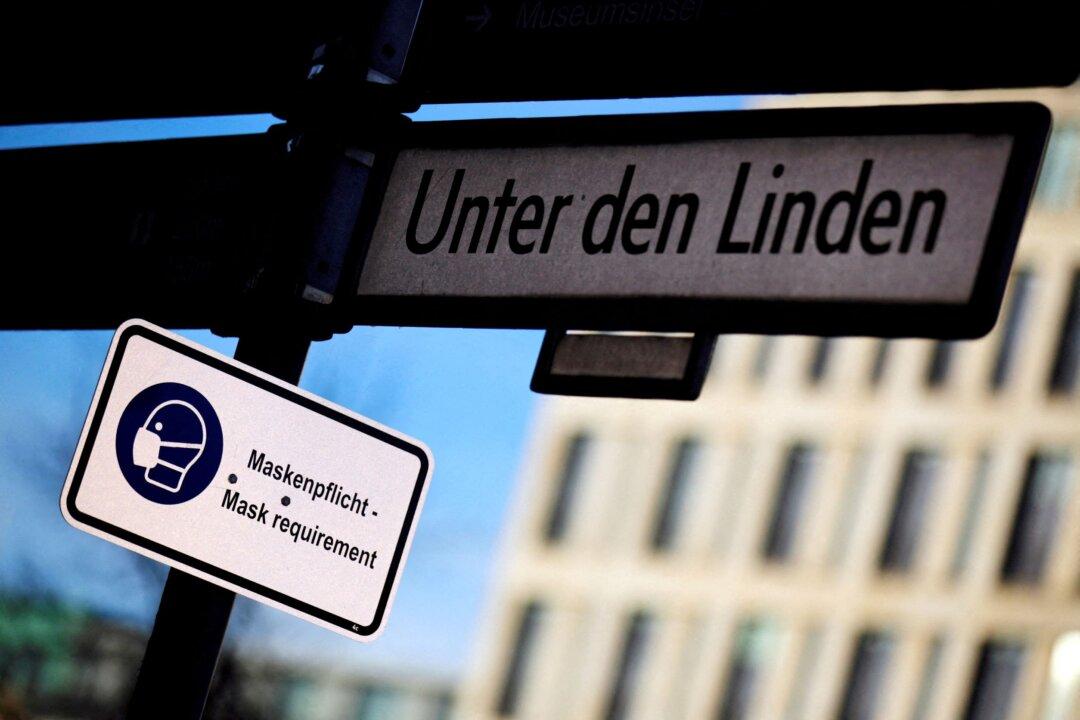BERLIN—Coronavirus restrictions in hospitality and retail pushed up the number of German employees put on reduced working hours in job protection schemes in December, the Ifo economic institute said on Wednesday.
The number of workers on short-time work schemes, also known as Kurzarbeit, rose by nearly a quarter to 879,000 from 712,000 in November, Ifo estimates based on its monthly business sentiment survey showed.





